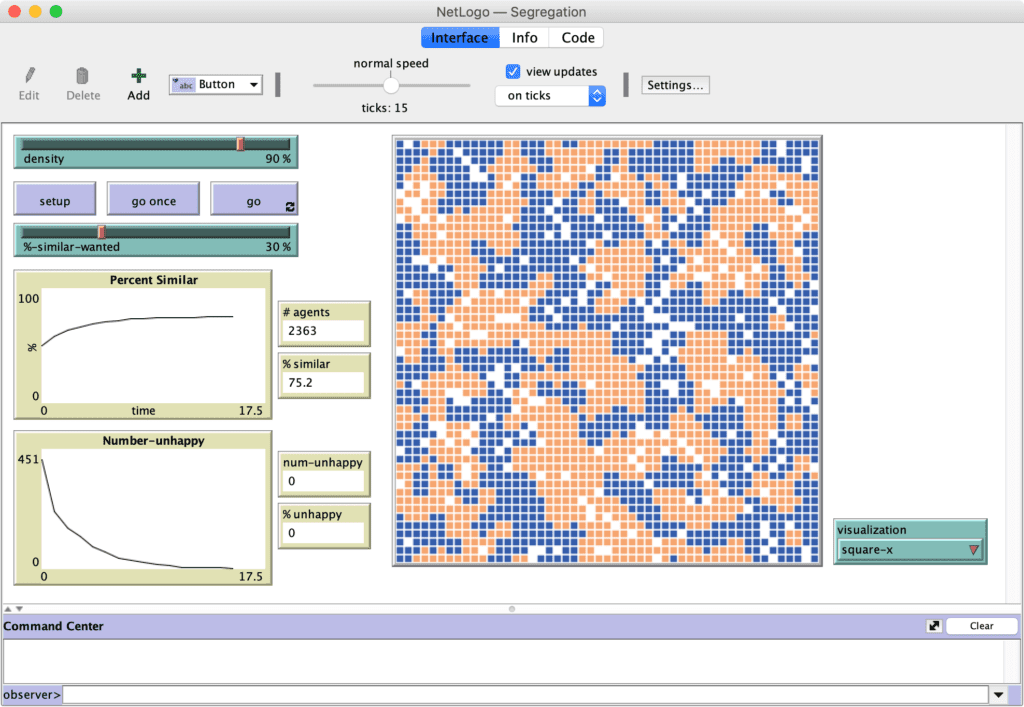Malware, short for “malicious software,” is any software intentionally designed to cause damage to a computer, server, client, or computer network. This cybersecurity threat encompasses a variety of software types, including viruses, worms, trojan horses, ransomware, spyware, adware, and more. Each type has a different method of infection and damage.
Who uses malware and what for
Malware is utilized by a wide range of actors, from amateur hackers to sophisticated cybercriminals, and even nation-states. The motives can vary greatly:
- Cybercriminals often deploy malware to steal personal, financial, or business information, which can be used for financial gain through fraud or direct theft.
- Hacktivists use malware to disrupt services or bring attention to political or social causes.
- Nation-states and state-sponsored actors might deploy sophisticated malware for espionage and intelligence, to gain strategic advantage, sabotage, or influence geopolitical dynamics.

Role in disinformation and geopolitical espionage
Malware plays a significant role in disinformation campaigns and geopolitical espionage. State-sponsored actors might use malware to infiltrate the networks of other nations, steal sensitive information (hacked emails perhaps?), and manipulate or disrupt critical infrastructure. In terms of disinformation, malware can be used to gain unauthorized access to media outlets or social media accounts, spreading false information to influence public opinion or destabilize political situations.
Preventing malware
Preventing malware involves multiple layers of security measures:
- Educate Users: The first line of defense is often the users themselves. Educating them about the dangers of phishing emails, not to click on suspicious links, and the importance of not downloading or opening files from unknown sources can significantly reduce the risk of malware infections.
- Regular Software Updates: Keeping all software up to date, including operating systems and antivirus programs, can protect against known vulnerabilities that malware exploits.
- Use Antivirus Software: A robust antivirus program can detect and remove many types of malware. Regular scans and real-time protection features are crucial.
- Firewalls: Both hardware and software firewalls can block unauthorized access to your network, which can help prevent malware from spreading.
- Backups: Regularly backing up important data ensures that, in the event of a malware attack, the lost data can be recovered without paying ransoms or losing critical information.
Famous malware incidents in foreign affairs
Several high-profile malware incidents have had significant implications in the realm of foreign affairs:
- Stuxnet: Discovered in 2010, Stuxnet was a highly sophisticated worm that targeted supervisory control and data acquisition (SCADA) systems and was believed to be designed to damage Iran’s nuclear program. It is widely thought to be a cyberweapon developed by the United States and Israel, though neither has confirmed involvement.
- WannaCry: In May 2017, the WannaCry ransomware attack affected over 200,000 computers across 150 countries, with the UK’s National Health Service, Spain’s Telefónica, FedEx, and Deutsche Bahn among those impacted. The attack exploited a vulnerability in Microsoft Windows, and North Korea was widely blamed for the attack.
- NotPetya: Initially thought to be ransomware, NotPetya emerged in 2017 and caused extensive damage, particularly in Ukraine. It later spread globally, affecting businesses and causing billions of dollars in damages. It is believed to have been a state-sponsored attack originating from Russia, designed as a geopolitical tool under the guise of ransomware.
- SolarWinds: Uncovered in December 2020, the SolarWinds hack was a sophisticated supply chain attack that compromised the Orion software suite used by numerous US government agencies and thousands of private companies. It allowed the attackers, believed to be Russian state-sponsored, to spy on the internal communications of affected organizations for months.
In conclusion, malware is a versatile and dangerous tool in the hands of cybercriminals and state actors alike, used for everything from financial theft to sophisticated geopolitical maneuvers. The proliferation of malware in global affairs underscores the need for robust cybersecurity practices at all levels, from individual users to national governments. Awareness, education, and the implementation of comprehensive security measures are key to defending against the threats posed by malware.



